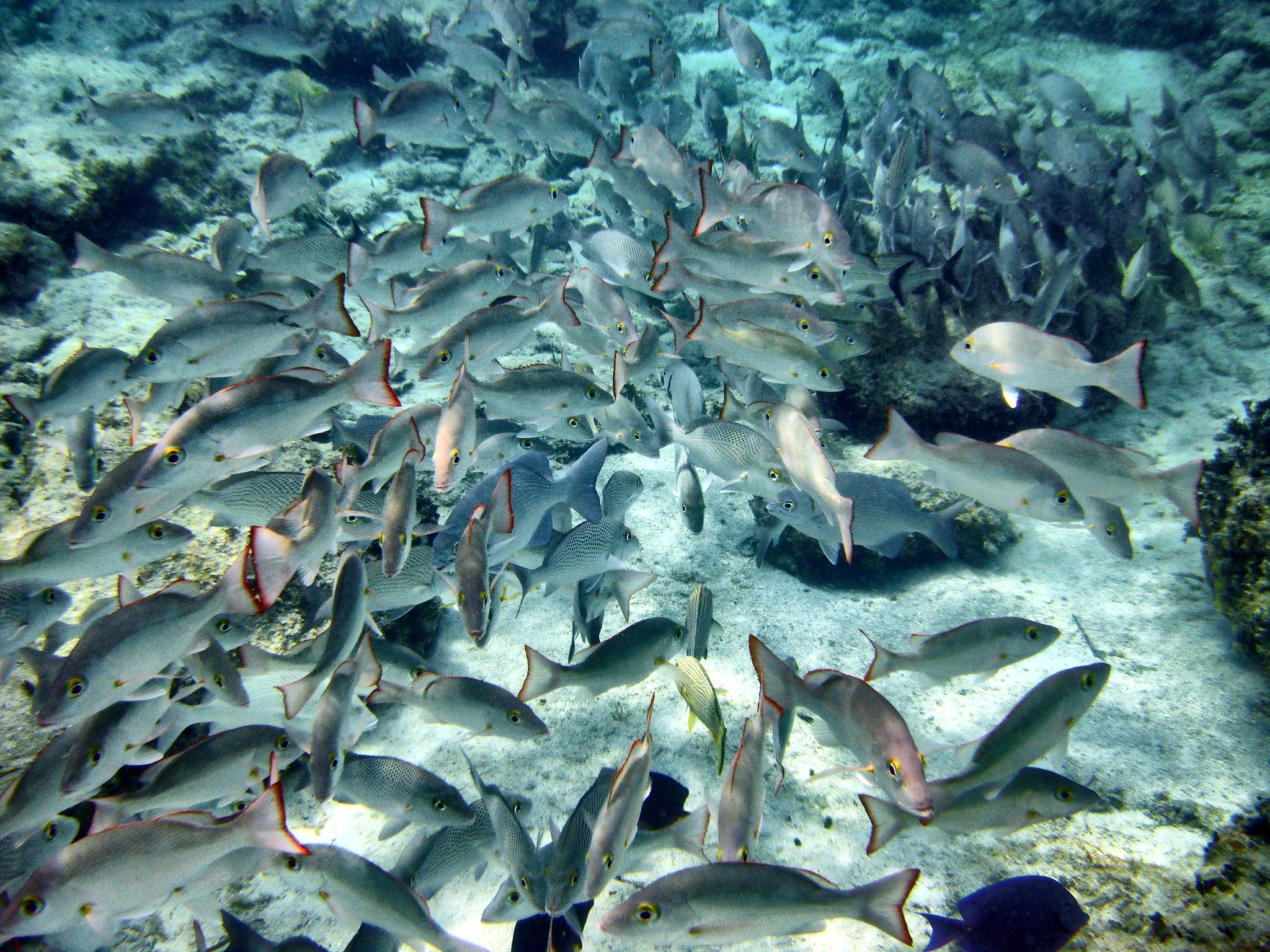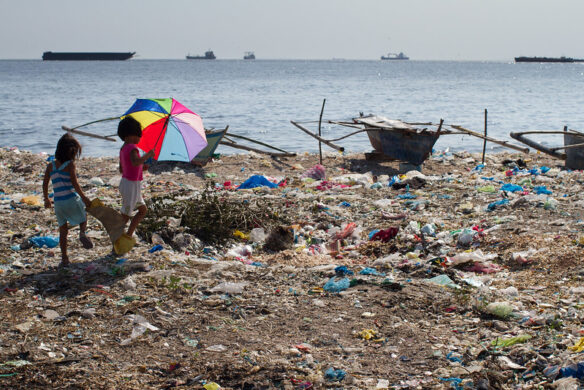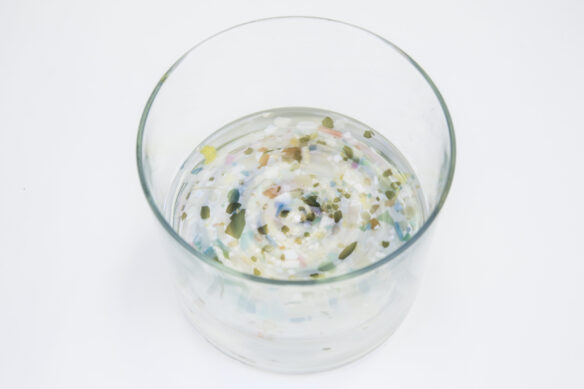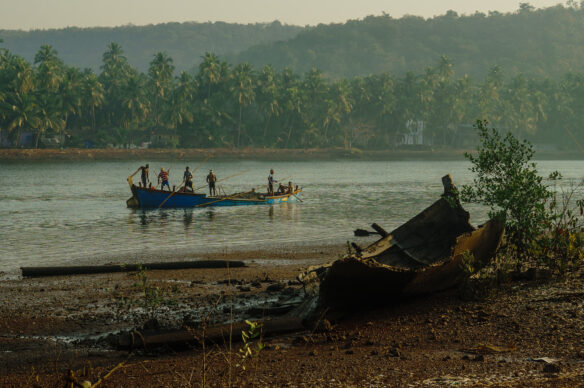Excerpt:
Global warming not only increases ocean temperatures, it triggers a cascade of effects that are stripping the seas of oxygen. Fish are already moving to new waters in search of oxygen, and scientists are warning of the long-term threat to fish species and marine ecosystems.
Off the coast of southeastern China, one particular fish species is booming: the oddly named Bombay duck, a long, slim fish with a distinctive, gaping jaw and a texture like jelly. When research ships trawl the seafloor off that coast, they now catch upwards of 440 pounds of the gelatinous fish per hour — a more than tenfold increase over a decade ago. “It’s monstrous,” says University of British Columbia fisheries researcher Daniel Pauly of the explosion in numbers.
The reason for this mass invasion, says Pauly, is extremely low oxygen levels in these polluted waters. Fish species that can’t cope with less oxygen have fled, while the Bombay duck, part of a small subset of species that is physiologically better able to deal with less oxygen, has moved in.
The boom is making some people happy, since Bombay duck is perfectly edible. But the influx provides a peek at a bleak future for China and for the planet as a whole. As the atmosphere warms, oceans around the world are becoming ever more deprived of oxygen, forcing many species to migrate from their usual homes. Researchers expect many places to experience a decline in species diversity, ending up with just those few species that can cope with the harsher conditions. Lack of ecosystem diversity means lack of resilience. “Deoxygenation is a big problem,” Pauly summarizes.
Our future ocean — warmer and oxygen-deprived — will not only hold fewer kinds of fish, but also smaller, stunted fish and, to add insult to injury, more greenhouse-gas producing bacteria, scientists say. The tropics will empty as fish move to more oxygenated waters, says Pauly, and those specialist fish already living at the poles will face extinction.
Researchers complain that the oxygen problem doesn’t get the attention it deserves, with ocean acidification and warming grabbing the bulk of both news headlines and academic research. Just this April, for example, headlines screamed that global surface waters were hotter than they have ever been — a shockingly balmy average of 70 degrees F. That’s obviously not good for marine life. But when researchers take the time to compare the three effects — warming, acidification, and deoxygenation — the impacts of low oxygen are the worst.
“That’s not so surprising,” says Wilco Verberk, an eco-physiologist at Radboud University in the Netherlands. “If you run out of oxygen, the other problems are inconsequential.” Fish, like other animals, need to breathe…









